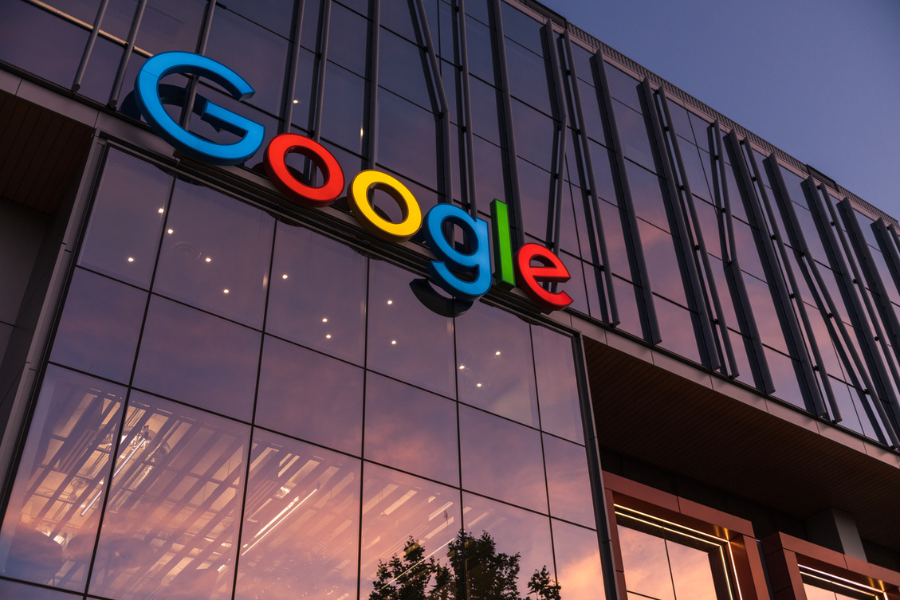May 2, 2025/Midnight
Erie, PA. – Founded in 1998, after more than two decades, Google has maintained a dominant position in the search engine market, holding a market share of up to 89.74%. However, as the technology era continues to evolve, many emerging tools are becoming potential threats to Google.
A 9-year-old platform, TikTok has unexpectedly become a search tool used by 64% of Gen Z, according to Statista. With search results presented as short, visually engaging videos – where messages are delivered through voice and catchy music – TikTok is successfully reshaping how the younger generation searches for information.
Search Engine Journal states, “Research shows that 40% of consumers now use TikTok to search for things they need or are interested in learning about. This trend is prevalent among younger people, with 64% of Gen Z (those born after 1996) and 49% of millennials (born between 1981-1996) turning to TikTok as a search tool.”
Travel and lifestyle content are among the most searched topics on TikTok. The platform offers users an environment where they can access real-time information and trends through content creators. Additionally, TikTok’s interactive and community-driven nature allows users to discover advice and reviews from others, providing a more personal and experiential perspective. This contrasts with Google, which primarily offers theoretical information.
Additionally, the rise of artificial intelligence tools such as ChatGPT, Microsoft AI, Grok, and other platforms are posing a potential threat to Google. These tools are reshaping the user’s experience. Unlike Google’s traditional approach, which relies on keywords matching the titles or content of links, AI tools autonomously collect, analyze, and deliver comprehensive answers to user queries.
Moreover, instead of users scrolling through multiple pages in search of information, AI offers immediate responses, enriched with relevant context, and provides citations to sources.
A major advantage of AI tools is the absence of advertisements. Unlike traditional search engines, where paid links often dominate the top results, AI provides users with direct, accurate information, free from the distractions of misleading or fraudulent content.
However, Google is not in trouble yet. It still holds nearly 90% of the market. Google is working on its way to enter the world of artificial intelligence through Bard, its AI chatbot. They are also working on improving their finding system.
While still in its early stages, AI tools are not a major threat to Google, but because of their rapid and sometimes unpredictable growth, their potential is undeniable. The future of search engine markets is uncertain. It’s a race to offer the most complete user experience, delivering answers that are relevant, comprehensive, and accurate.








